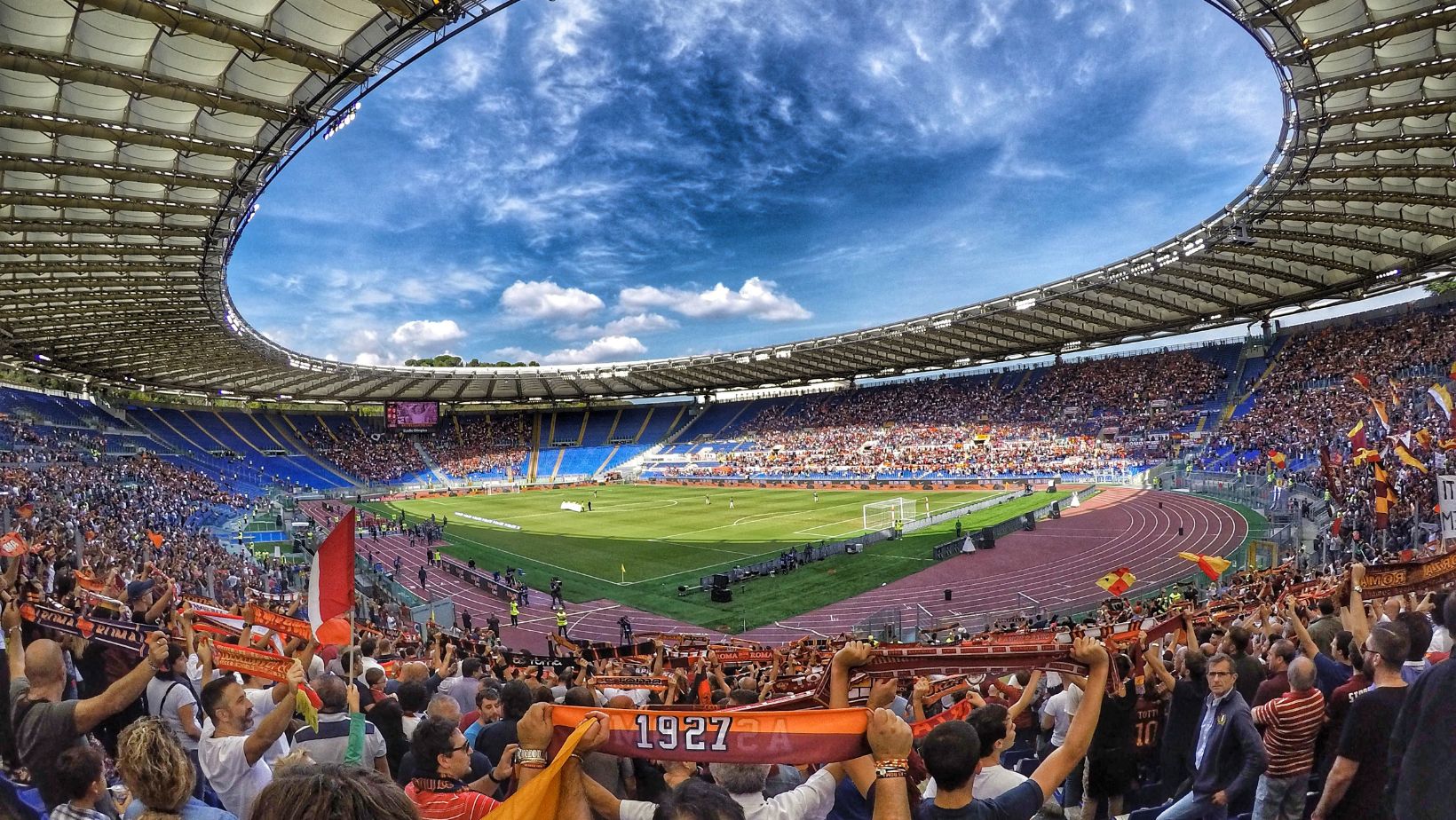
Sports culture extends far beyond the thrill of the game and the roar of the crowd. It’s a vibrant tapestry woven from the threads of community spirit, personal achievement, and the universal quest for excellence. This culture shapes identities, forges lifelong friendships, and ignites passions that can define a lifetime. From local fields to grand stadiums, sports serve as a universal language, connecting people across different backgrounds and geographies.
As we delve into the essence of sports culture, we uncover the profound impact it has on individuals and societies alike. It’s not just about the athletes who strive for greatness but also about the fans who support them, the traditions that sustain them, and the values that are promoted through every game played and every record broken. This exploration reveals how sports culture transcends physical activity to become a significant cultural and social phenomenon.
Sports Culture
From Ancient Times to Modern Day

Sports culture has evolved significantly from its inception in ancient times to its current form in the modern day. Initially, in ancient civilizations such as Greece, Rome, and Egypt, sports were primarily a means of physical training for warriors, a form of entertainment, and a way to honor the gods. Events like the Olympic Games, which began in 776 BC in Greece, were not just athletic competitions but also held great religious and cultural significance. Fast forward to the Middle Ages, and sports began to reflect the social hierarchies of the time, with different classes engaging in different forms of sports.
The turn of the 20th century marked a pivotal moment in the evolution of sports culture, with the industrial revolution bringing about changes in leisure time and technology. This period saw the rise of professional sports and the birth of the modern Olympics in 1896, signaling the start of international sports competitions. The introduction of mass media technology further propelled sports culture into the mainstream, allowing for global broadcasting of events like the World Cup and the Olympics. Today, sports culture is a global phenomenon that transcends physical activity, embodying values of teamwork, perseverance, and excellence.
The Impact of Globalization
Globalization has dramatically expanded the reach and influence of sports culture, making it a powerful tool for cultural exchange and international understanding. As sports competitions became broadcast worldwide, athletes from various countries became global icons, inspiring fans across different continents. This broad exposure has led to the adoption and adaptation of sports across different cultures, with football (soccer) becoming a dominant global sport, followed passionately by millions around the world.
Key Components of Sports Culture
Team Spirit and Comradery

Team spirit and camaraderie stand out as foundational pillars of sports culture, fostering strong bonds among teammates. Regardless of the sport, the sense of belonging and unity among players transcends mere participation. It builds resilience, encourages mutual support, and enhances performance. Team spirit is evident in actions like group huddles before a match, shared celebrations of victory, and collective consolation in defeat. This unity extends beyond the field, contributing to lifelong friendships and networks. Moreover, it reflects in the fan bases that support their teams passionately, sometimes across generations. The power of camaraderie in sports illustrates how collective experiences and shared goals can unify diverse groups, embodying the broader societal benefits of sports culture.
Competition and Fair Play
Competition serves as the heartbeat of sports culture, driving athletes to excel and pushing teams to their limits. It embodies the pursuit of excellence, discipline, and continuous improvement. However, the significance of competition extends beyond winning. Fair play, an equally crucial component, embeds integrity and respect in the competitive spirit. It ensures that the pursuit of victory respects the rules, opponents, and the spirit of the game. Practices like shaking hands post-match and acknowledging the performance of opponents embody this principle. Promoting fair play among participants from a young age instills values of honesty, respect, and sportsmanship. These values transcend sports environments, influencing behavior in personal and professional settings. The balance between competition and fair play in sports culture highlights its role in developing well-rounded individuals, emphasizing character and ethical behavior alongside physical prowess.

